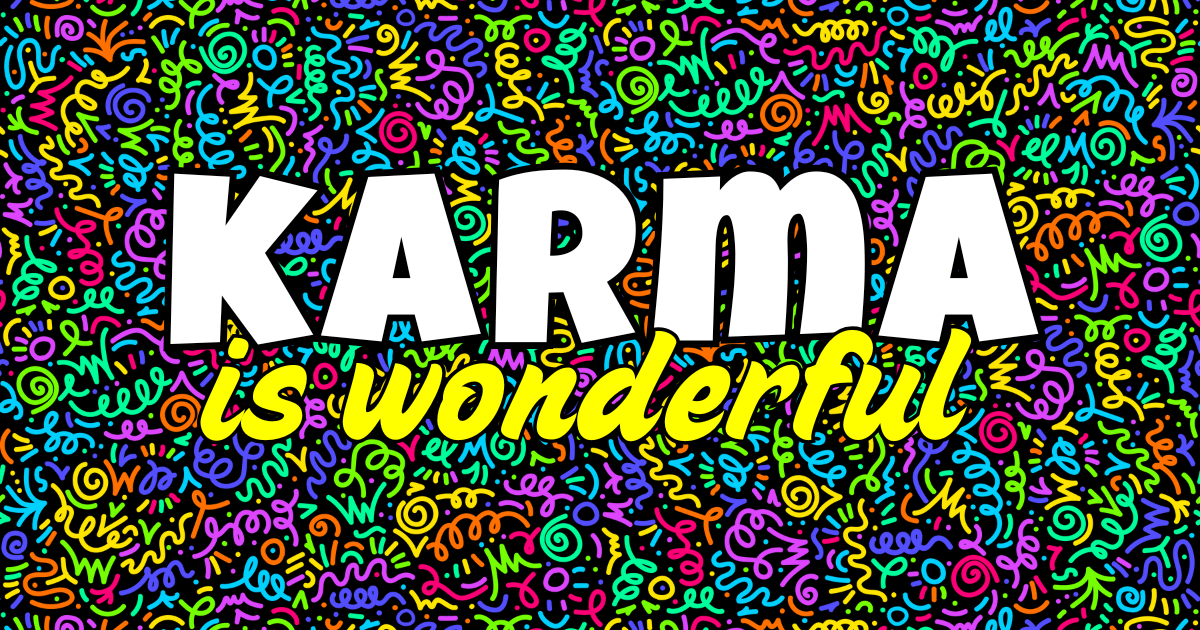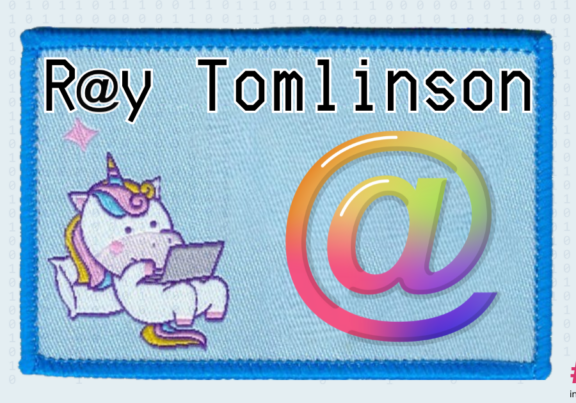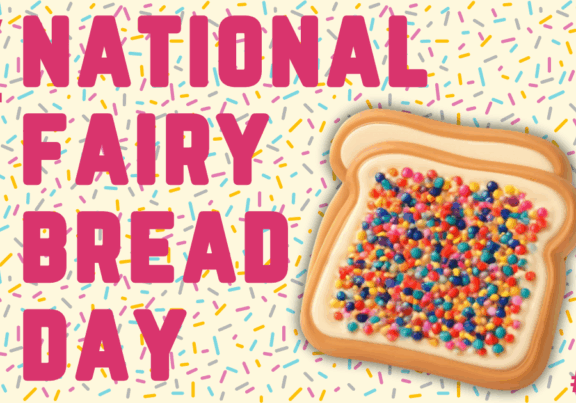
Karma: What It Really Means
When something bad happens to a person who’s behaved inappropriately, the consequence is sometimes attributed to karma. But what is karma? Does it actually reflect a cosmic law, or is it merely the way we hope for justice in our lives?
Where the Idea Came From
The word karma comes from the ancient Indian language Sanskrit, and it literally means “action” or “deed.” It first appeared thousands of years ago in Hindu writings.
In Hinduism, karma is part of a bigger idea about life, death, and rebirth. The basic belief is that every action, whether good or bad, creates an effect that influences our future. So good deeds and the right choices can lead to a more favourable next life.
Other religions have similar concepts:
- Buddhism says karma isn’t about reward or punishment but about how your choices have natural moral consequences.
- Jainism believes karma sticks to your soul and must be cleaned off by living kindly and ethically.
- Sikhism teaches that your actions matter and have consequences, but divine grace can forgive bad karma.
Over time, the idea spread around the world. In Western culture today, karma usually just means that good things happen to good people and bad things happen to bad people. This is often viewed as fate or poetic justice.
How People Think About Karma Today
Most people use the word karma in everyday talk without associating it with religion—it’s more about moral balance. The idea that good deeds lead to good outcomes and bad deeds bring retribution, appeals to our sense of fairness.
Karma has also become a fun way to describe poetic justice. It’s a reminder that choices have consequences and that who we become is shaped by what we do. It’s common, and truly a bit satisfying, to see “instant karma” videos on social media where bad behaviour is immediately met with consequence.
Is Karma Actually Real?
That depends on how you look at it.
Spiritually:
In the world’s major religions that include karma, it functions as a universal moral law—just like gravity, it’s always working, even if you can’t see it. From this perspective, unseen forces ensure that justice is ultimately served.
Psychologically:
Even without the spiritual side, there’s some truth to the idea. When you’re kind, people tend to treat you better. When you lie or hurt others, you often end up feeling guilty, losing trust, or facing consequences later. That’s a real-life version of karma in action, with effects that reinforce the idea of karmic return.
Scientifically:
There’s no proof that karma exists as a cosmic force keeping score. Life doesn’t always seem fair, especially when good people face tough times, and bad people can get away with things. But believing in karma can still help people make better choices and feel hopeful that justice will come eventually.
Why Karma Matters
Even if it’s not a magic law, karma is a powerful idea because it reminds us that our actions matter. When you do something good—help a friend, stand up for someone, care for the planet—you create a positive ripple in the world.
So whether or not karma is real, living as if it is might just make the world a better place.





















